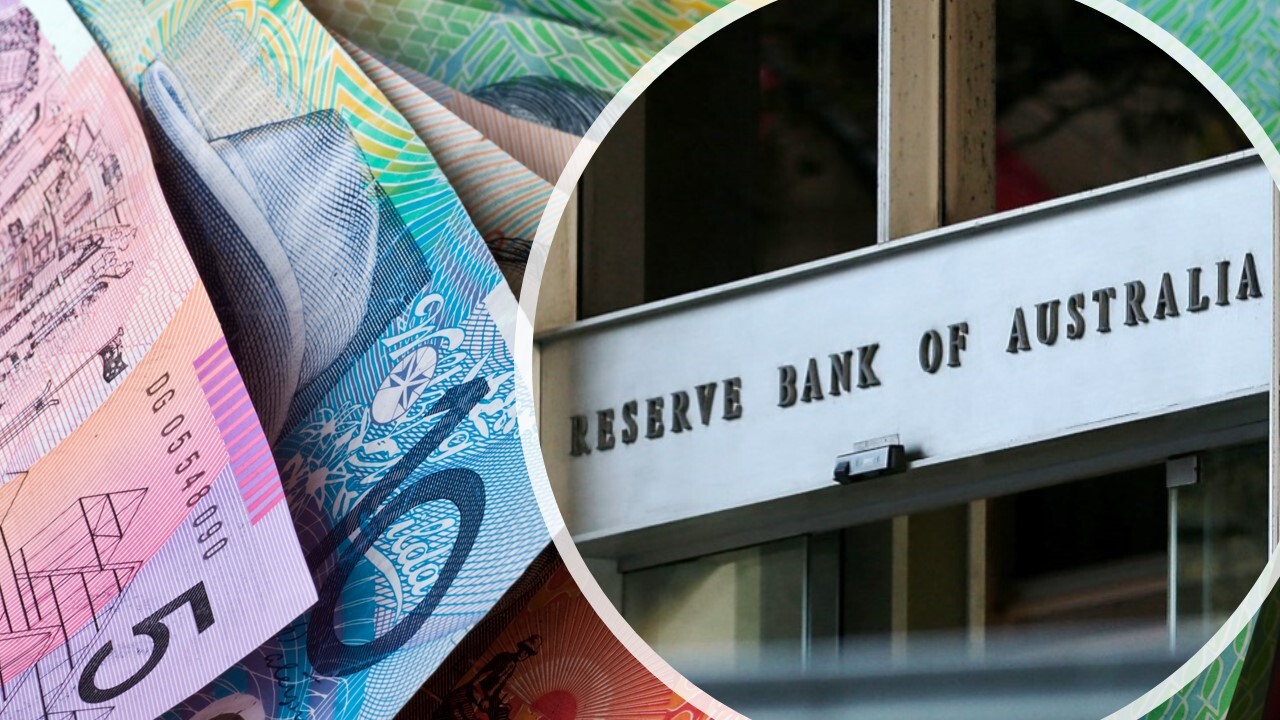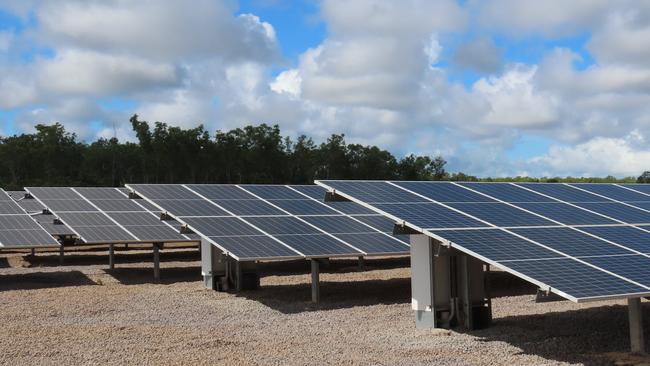Brookfield interested in the local manufacturing of solar panels and batteries after deal with Reliance
The group’s deal with Reliance will aid its renewable energy plans if it succeed with its $18.7bn deal for Origin Energy.

Brookfield is considering manufacturing renewable energy equipment such as solar panels and batteries in Australia after striking a deal with Indian giant Reliance, as the private equity company looks to ready its development pipeline if it succeeds with its $18.7bn bid for Origin Energy.
The group said the early stage deal with Reliance would accelerate and de-risk Australia’s energy transition by enabling it to locally produce clean energy equipment such as solar panels, long duration battery storage and components for wind energy.
The private equity company needs access to such equipment for its $18.7bn deal for Origin Energy. Should the deal complete, Brookfield said it expects to spend between $20bn and $30bn to develop 14GW of new, large-scale generation and storage capacity in Australia.
Much of the equipment Brookfield will need is in hot demand globally as countries rush to meet net zero by 2050 commitments, threatening to blow out the private equity giant’s plans for Origin.
Luke Edwards, head of renewables in Australia for Brookfield, said the country has a proud history of manufacturing and an abundance of raw materials, but the industry is not currently cost competitive.
“The energy transition creates an opportunity to bring advanced manufacturing processes created offshore to Australia, which would secure the supply of critical equipment for the transition to help drive down Australia’s emissions faster and contribute significantly to job creation,” he said.
“We want to help kickstart a new era in local manufacturing that will benefit domestic renewables developers, including Origin Energy Markets, and many communities around Australia. We are establishing these types of global partnerships in manufacturing now to allow us to get started as quickly as possible, given the ever-reducing timeline for Australia to reach its first emissions-reductions targets in 2030.”

The announcement of the deal with Reliance comes as Brookfield seeks to win favour with the Australian Consumer and Competition Commission for the bid for Origin, and the lure of local manufacturing is sure to be a bonus for those efforts.
Keen to promote the benefits, Brookfield said independent analysis undertaken on its behalf indicates the establishment of onshore sovereign manufacturing capability for the energy transition has the potential to create approximately 18,000 direct and indirect jobs, many in regions most impacted by the transition such as the Hunter Valley in NSW and the La Trobe Valley in Victoria.
Boosting manufacturing is a key policy of the Federal Labor government and the pledge will be alluring, especially as Australia struggles to accelerate the transition away from coal.
Australia has set an ambitious goal of having renewable energy generate 82 per cent of the country’s electricity by 2030. But Australia is struggling to keep pace with the retirement of coal.
Brookfield’s acquisition of Origin would be a boost to Australia’s ambitions, but the private equity company must first overcome the ACCC scrutiny.
Australia’s competition watchdog has indicated it remains concerned by Brookfield’s ownership of AusNet and the scope of the owners of the private equity giant to be able to unfairly profit.
The focus of the ACCC on AusNet had been widely anticipated by the market and Brookfield, which offered the regulator guarantees in its application that it would ring-fence the transmission company should it succeed in its bid for Origin.
Still, the ACCC said it had noted that AusNet is Victoria’s principal electricity transmission network, it is one of just five electricity distribution networks in Victoria, and it is one of three gas distribution networks in the state.



